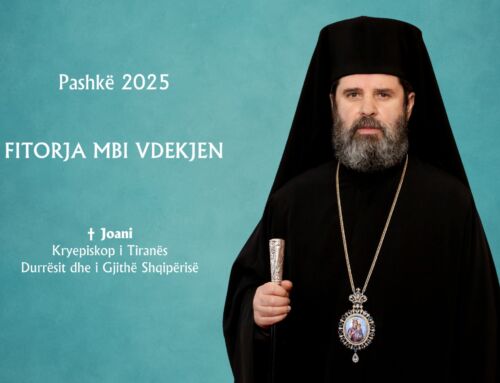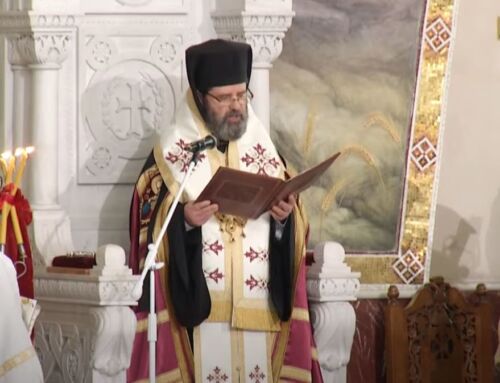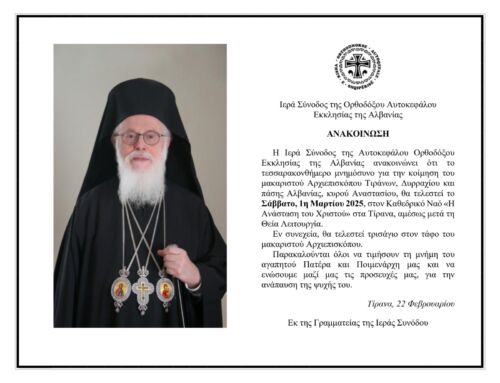The 11th Assembly of the World Council of Churches was Held.
The 11th Assembly of the World Council of Churches took place in Karlsruhe, Germany, from 30 August to 8 September 2022.
The World Council of Churches is a world Christian organization founded in 1948 with an important role in encouraging and promoting the dialogue between the Christians of all churches. It has also a powerful voice in the transmission of Christian conscience all over the world. The WCC Assembly is the highest governing body of the World Council of Churches (WCC), and normally meets every seven years. (the 11th meeting of it was programmed to take place in 2022, but it got postponed due to the pandemic)
The assembly was gathered under the theme “Christ’s love moves the world to reconciliation and unity”, which guided the ongoing progress of the assembly’s work.
Over 4,000 people took part in it and they were representatives and delegates of 352 churches of different denominations from the five continents including the majority of the Orthodox, the Anglican, the Baptist, the Lutheran, the Methodist and the Presbyterian Churches as well as the reformed and independent churches.
Among other themes, the delegates of the Central Committee of the World Council of Churches were also elected in this Assembly. Metropolitan Nikolla of Apollonia and Fier was elected on behalf of our Church.
“The call to act together”, was the concluding message of the Assembly which was inspired by the second letter to the Corinthians (5:14): “The Love of Christ encourages us”. This message emphasized the diachronic call of Christ to follow Him and act with Him, in an ongoing movement which embraces and influences the whole world.
Special attention was given to the immediate need for peace and intensive help and prayer for all those people who are affected by the recent crisis, the armed conflicts, persecution, discrimination, hunger and poverty.
Great emphasis was given to the responsibility that each of us has, as an organic member of the church, to lessen the catastrophic consequences resulting from the climate crisis and global warming which are caused due to the mismanagement of creation on which God charged man as a caretaker and not as an owner of it.
In this Assembly, the orthodox world was represented by delegations from different countries such as Constantinople, Jerusalem, Antioch, the United States, Russia, Poland, Serbia, Romania, Albania, Greece, Cyprus, Ukraine, Finland, Kenya, as well as clergy, laity and young men and women.
The Assembly had a diverse program. Except the main meetings and plenary sessions of the delegates, in which the objectives of the WWC work were set for the following years, there were also specific reflections and group discussions, bible study, workshops, etc.




